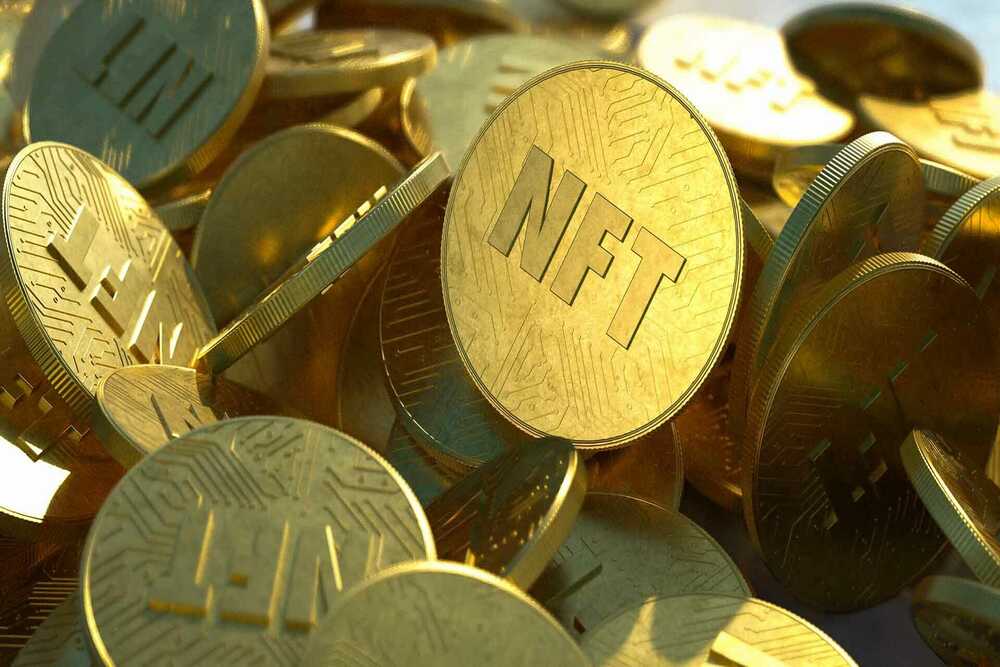It’s no secret that the cryptocurrency space can be risky, especially regarding the security of non-fungible tokens (NFTs). Recently, a user on the Blur Marketplace fell victim to a phishing scam and lost approximately $239,676, a source on X (formerly Twitter) revealed.
The details are below, as reported by the source.
The Phishing Scam
According to reports, the heist targeted six Bored Ape Yacht Club NFTs, 40 Beanz, and three Elementals, which were swiped from the user’s digital wallet and listed for one $WEI each on the marketplace. WEI, the smallest denomination of ether, the currency of the Ethereum blockchain, made the listing price essentially zero.
The scam was a sophisticated maneuver that exploited a loophole in Blur’s listing system.
The scammer altered the copyright settings of high-value NFTs on Blur, diverting all proceeds to their address. Leveraging a rule that canceled existing transactions, the illicit activity remained masked.
The breach involved listing NFTs without the owner’s knowledge, effectively bypassing the platform’s safeguards.
Essentially, the scammer tweaked the royalty settings of the NFTs, effectively sidestepping the platform’s policy against private listings. This allowed them to set up a private sale, ensuring that only their address could complete the transaction.
0xQuit, a Solidity developer and auditor, shared this report, shedding light on the probable tactics used by the scammer. It appears the scam was set up as a bait-and-switch tactic, luring the user in with the promise of a free NFT mint or airdrop event advertised on social platforms. Once the user engaged, they were deceived into signing off on a transaction on a fraudulent website.
You’ll recall that Coinfomania had reported a similar phishing scam earlier in May, where a scammer (PinkDrainer) ‘drained’ the user (tatis.eth) of three BoredApeYachtClub NFTs worth around $145,000.
Keeping Your Funds Safe and Hot Wallets Protected
In the wake of this incident, users are urged to be vigilant when trading or storing digital assets. Basic precautions such as double-checking URLs, being wary of unsolicited communications, and keeping private keys secure can go a long way in preventing such unfortunate incidents.
As the saying goes, “Better safe than sorry.” In the unpredictable world of trading cryptocurrencies, these words are especially relevant.
Here are some crucial tips to remember:
- Double-check website URLs: Scrutinize every link before clicking. Malicious actors often create websites with URLs that closely resemble legitimate platforms. A single typo could lead you to a perilous phishing site.
- Beware of unsolicited messages: Never click links or download attachments from unknown senders. Phishing scams can also occur through social media and email.
- Prioritize wallet security: Utilize strong passwords and enable two-factor authentication (2FA) whenever possible. Refrain from sharing your private keys with anyone.
- Bitcoin Falls to $65K as Mt. Gox Transfers $2.8 Billion BTC to External Wallet
- News of Marathon Digital’s $138 Million Fine for Breach of Non-Disclosure Agreement Triggers a Bearish 2.5% of Its MARA Stock
- Are $530M Bitcoin ETF Inflows a Blessing or Caution?
- Metaplanet Teams with Hoseki for Real-Time Bitcoin Holdings Verification
- 10 Best Meme Coins To Invest in 2024
- Building Secure Blockchain Systems: An Exclusive Interview with ARPA and Bella Protocol CEO Felix Xu
- Building The “De-Facto Crypto Trading Terminal”: An Exclusive Interview with Aurox CEO Giorgi Khazaradze
- Building a New Global Financial System: An Exclusive Interview With Tyler Wallace, Analytics Head at TrustToken
- “Solana is the Promised Land for Blockchain” — An Exclusive Interview with Solend Founder Rooter
- El Salvador: Where The Bitcoin Revolution Begins With A Legal Tender

 Why Trust Us
Why Trust Us







